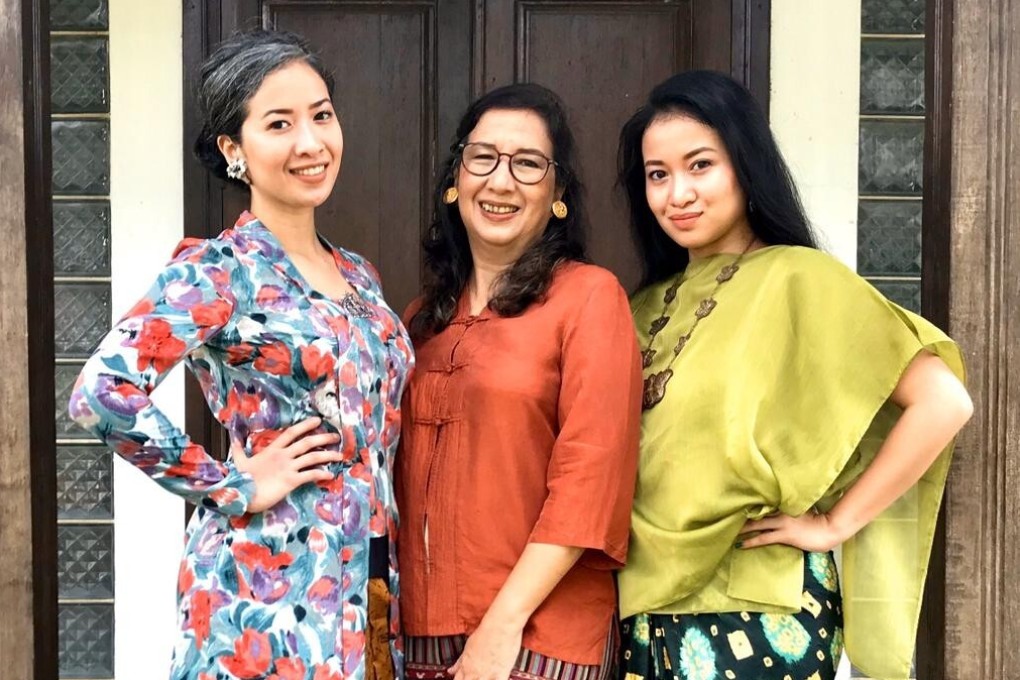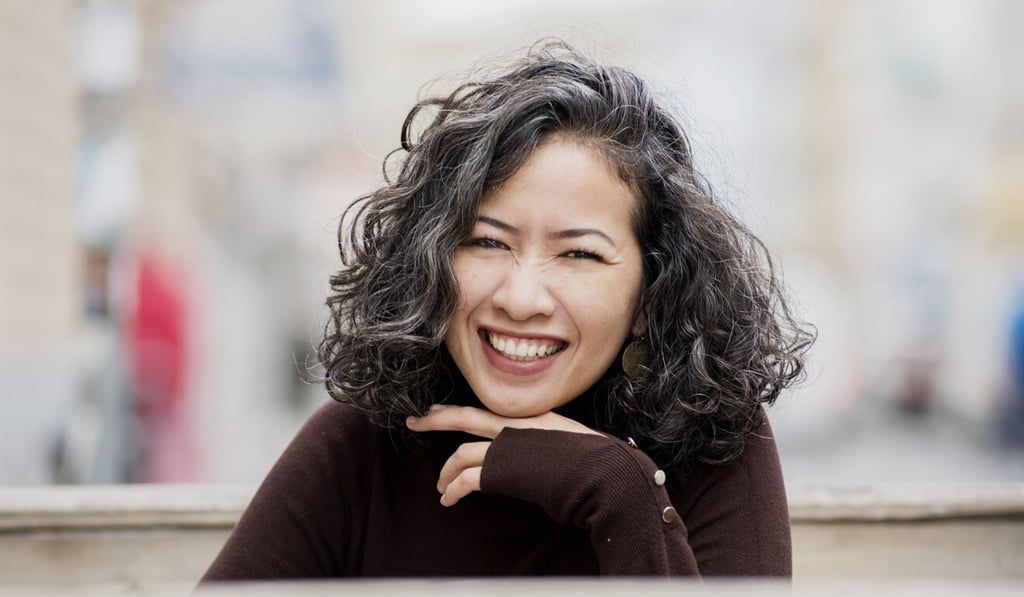Coronavirus survivors: they said we brought the plague to Indonesia, say country’s first patients
- Ratri Anindyajati suffered a torrent of abuse on social media after she, her sister and her mother became the first Indonesians to catch Covid-19
- People compared the three to prostitutes because they ‘liked to dance’. Since her ordeal, Ratri has become an Instagram ambassador for positivity

The announcement was like a bombshell to many Indonesians, the shock made greater by the fact that their government had at the time still been downplaying the threat of the virus (on grounds it would later justify as “not wanting to spread panic”). Many responded by blaming the women themselves.

The vitriol shocked and saddened Anindyajati, who said the three of them were “easy targets”, first because they were women, and second because they were involved in the dance industry: Anindyajati, 33, is an independent arts producer and a traditional Javanese dancer; Tyasutami, 31, is a performing arts manager and dance instructor; and Darmaningsih, 64, is a lecturer at the Jakarta Institute of Arts and a trained contemporary and classical Javanese dancer.
